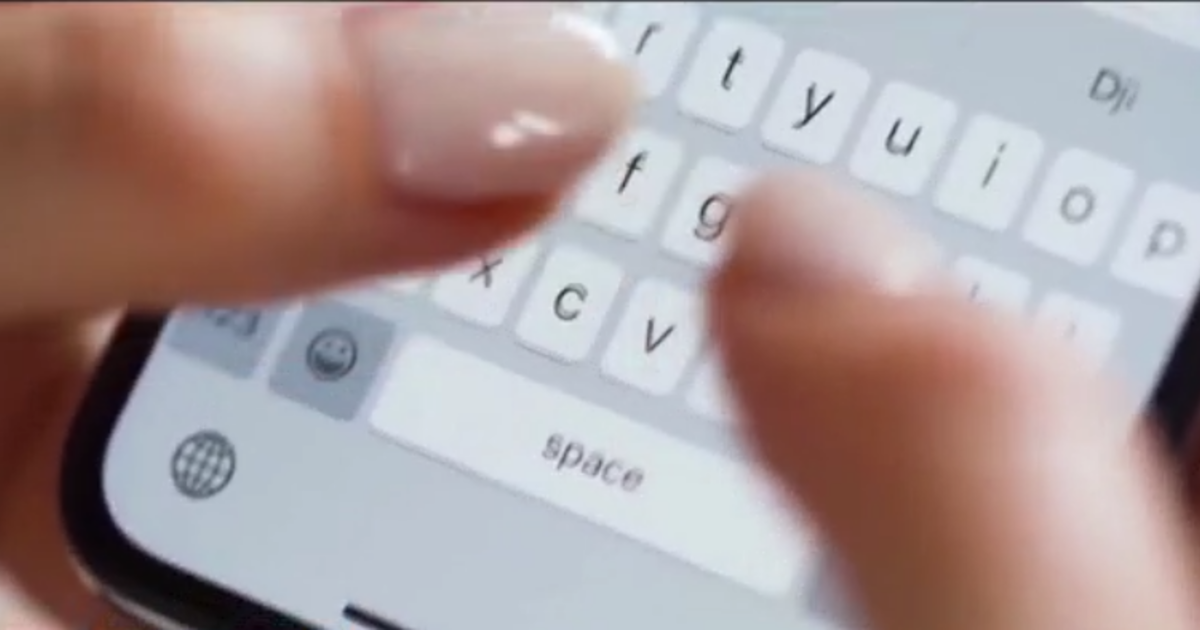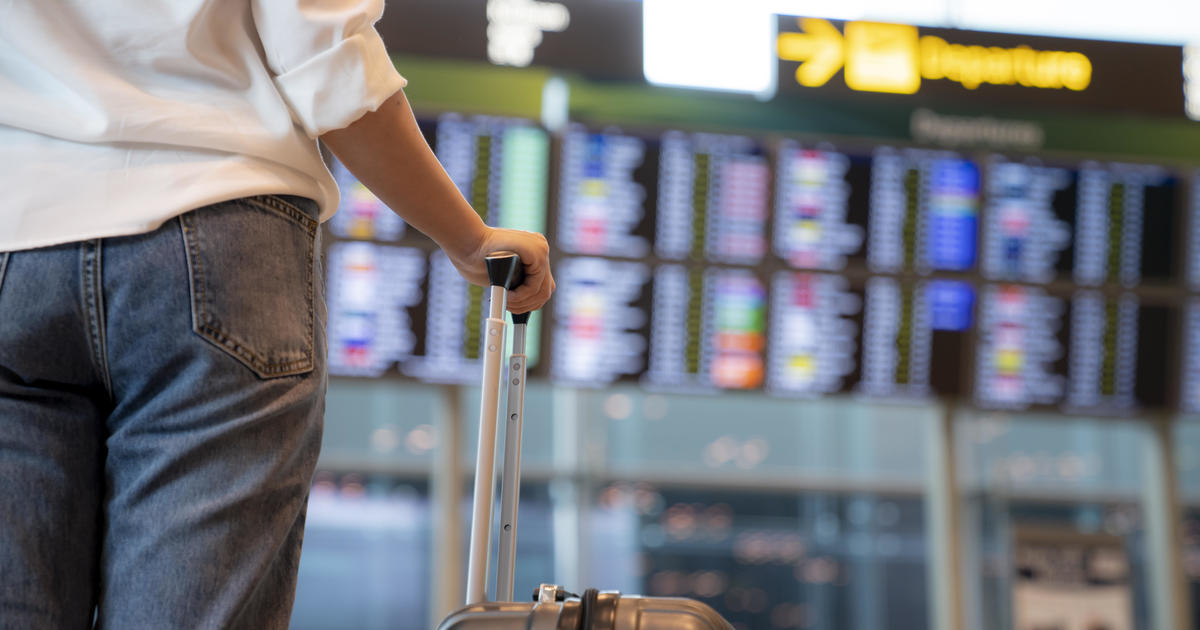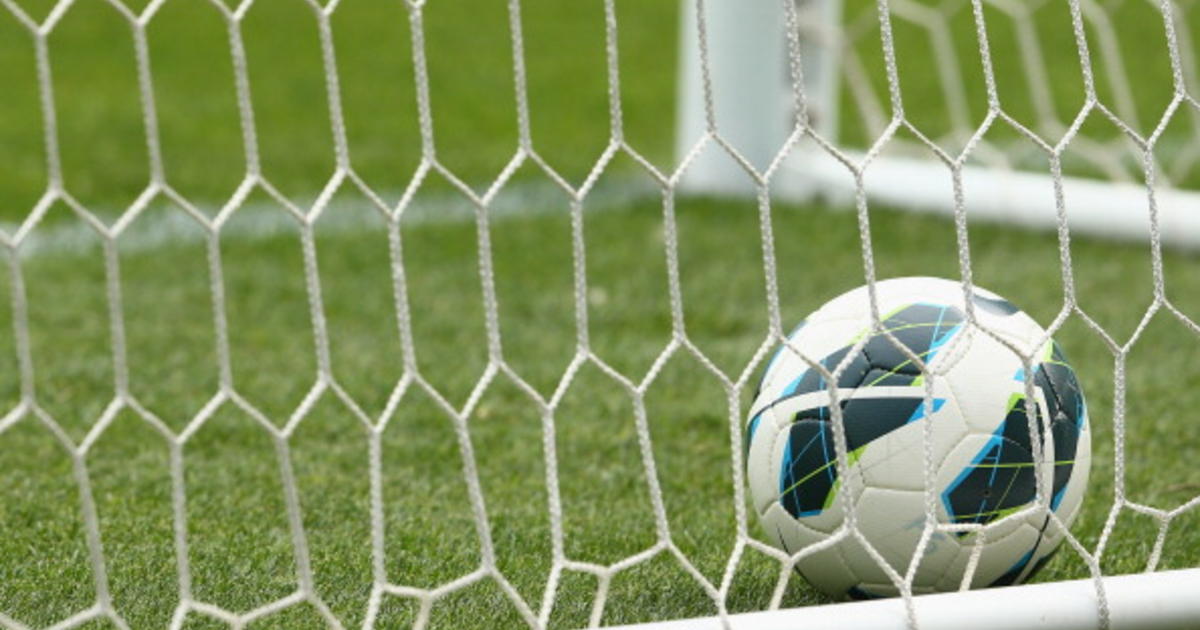New kidney transplant technologies give hope to North Texas patients
DALLAS (CBSDFW.COM) - Thousands of Texans right now are waiting on kidney transplants. Many more likely aren't even on the list, as extra weight significantly increases the potential for complications.
"I was a little worried," admits transplant patient Jeff Cochrane. "You know, I didn't really want to be the first, but I really trusted the team of doctors there."
His doctors at Baylor Scott and White Dallas say they believe they are the first in the state to provide hope to those patients, using medical technology in a new way to make more patients eligible for that life changing care.
"It just is amazing how much better I feel overall," says the small business owner who lives East of Dallas. "Even my thinking was clearer after the surgery."
After spending years on dialysis, Cochrane's doctors warned that he'd need a transplant. He had no idea that he'd get one with help of technology that looks as though it sprang from a Jetson's wish list: a robotic device controlled by his surgeon that resembles a full-body gaming console.
The technology was already being used to harvest kidneys from live donors, but now it is being used to make the procedure less risky for patients, especially those who may be carrying extra weight.
According to physicians at Baylor Scott and White Dallas, even a body mass index of 30 can increase the risk of complications following transplant surgery. The robot assisted smaller incisions mean less blood loss, and the potential for more good outcomes, especially for larger patients.
"Historically, some of the larger persons have had difficulty either getting on a transplant list or staying on a transplant list because of either the physical demands or difficulty of this surgery itself or the increased risk that they may have from infection or wound healing perspective," says BSW transplant surgeon Dr. Eric Martinez. "And so, this technology allows us to implant organs, a donor's kidney in this case, with smaller incisions that may alter those risks."
Because surgeons know that every organ is a gift -- and they don't want to waste even one.
"It's at the forefront of everything that we do," says Dr. Martinez. "We know we cannot do our job if somebody has not given us a gift."
Cochrane's life changing gift came from his son, Chance, a process he secretly began when he was just 19.
"Now, here is where you might make me tear up a bit," explains the elder Cochrane, wiping his eyes. "He said, 'could I give you a kidney?' and you know it really touched my heart, and I put that off for as long as I could but eventually, he anonymously set himself up as a donor and I got a call from Baylor. And of course, whenever they called up saying 'hey, we have a donor for you'. I knew it was probably my son and it was."
Three months post-surgery, both patients are doing well.
"I was in the hospital only three days," says Cochrane. "I immediately felt better. After the surgery -- even that same day -- I was up and walking the halls."
And his quality of life has only continued to improve.
"I have more energy and I'm sleeping so much better after the transplant."
"That's why we do this every day," explains Dr. Martinez. "It's night and day. It's really a chance for a new life for them."




